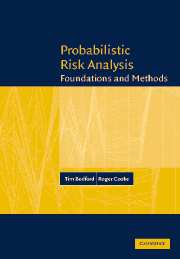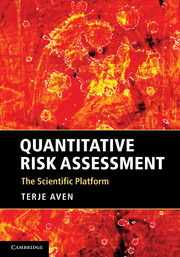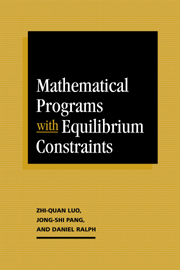Mathematical Theory of Reliability
This monograph presents a survey of mathematical models useful in solving reliability problems. It includes a detailed discussion of life distributions corresponding to wearout and their use in determining maintenance policies, and covers important topics such as the theory of increasing (decreasing) failure rate distributions, optimum maintenance policies, and the theory of coherent systems. The emphasis throughout the book is on making minimal assumptions - and only those based on plausible physical considerations - so that the resulting mathematical deductions may be safely made about a large variety of commonly occurring reliability situations. The first part of the book is concerned with component reliability, while the second part covers system reliability, including problems that are as important today as they were in the 1960s. The enduring relevance of the subject of reliability and the continuing demand for a graduate-level book on this topic are the driving forces behind its re-publication.
Product details
January 1987Paperback
9780898713695
274 pages
228 × 152 × 14 mm
0.368kg
This item is not supplied by Cambridge University Press in your region. Please contact Soc for Industrial & Applied Mathematics for availability.
Table of Contents
- Preface to the Classics Edition
- Preface
- 1. Introduction. Historical Background of the Mathematical Theory of Reliability
- Definitions of Reliability
- 2. Failure Distributions. Introduction
- Typical Failure Laws
- The Exponential as the Failure Law of Complex Equipment
- Monotone Failure Rates
- Preservation of Monotone Failure Rate
- Additional Inequalities
- General Failure Rates
- 3. Operating Characteristics of Maintenance Policies. Introduction
- Renewal Theory
- Replacement Based on Age
- Comparison of Age and Block Replacement Policies
- Random Replacement
- Repair of a Single Unit
- 4. Optimum Maintenance Policies. Introduction
- Replacement Policies
- Inspection Policies
- 5. Stochastic Models for Complex Systems. Introduction
- Markov Chains and Semi-Markov Processes
- Repairman Problems
- Marginal Checking
- Optimal Maintenance Policies under Markovian Deterioration
- 6. Redundancy Optimization. Introduction
- Optimal Allocation of Redundancy Subject to Constraints
- Application to Parallel Redundancy Model
- Application to Standby Redundancy Model
- Complete Families of Undominated Allocations
- Optimal Redundancy Assuming Two Types of Failure
- 7. Qualitative Relationships for Multicomponent Structures. Introduction
- Achieving Reliable Relay Circuits
- Monotonic Structures
- S-shaped Reliability Functions for Monotonic Structures
- k-out-of-n Structures
- Relationship between Structures Failure Rate and Component Failure Rates
- Appendix 1. Total Positivity
- Appendix 2. Test for Increasing Failure Rate
- Appendix 3. Tables Giving Bounds on Distributions with Monotone Failure Rate
- References
- Index.






